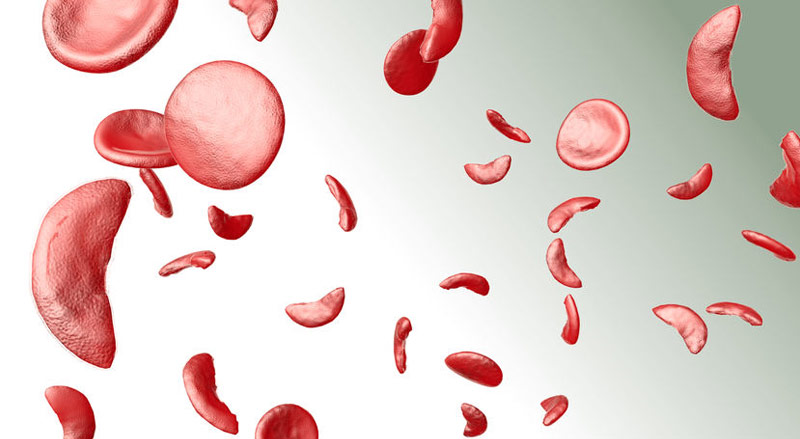
Promising Blood Test Shows Potential for Early Detection of Pancreatic Cancer
A recent study unveils a blood test capable of detecting early-stage pancreatic cancers with remarkable accuracy, according to researchers.
The test, which examines eight small RNA particles and eight larger DNA markers released by pancreatic cancers, creates a distinctive genetic "signature" for the disease, experts explain.
Pancreatic cancer often goes unnoticed until it reaches an advanced stage, primarily due to its location deep within the abdomen and symptoms that can mimic those of other conditions.
Ajay Goel, senior researcher and Chair of Molecular Diagnostics and Experimental Therapeutics at City of Hope Cancer Center, emphasized the severity of pancreatic cancer's prognosis, noting that most patients receive a diagnosis only after the cancer has metastasized.
The study highlights a significant disparity in survival rates between early-stage and advanced-stage pancreatic cancer cases. While the five-year survival rate for early-stage cases stands at 44%, it drops dramatically to a mere 3% if the cancer has spread to other parts of the body.
An initial trial of the blood test, conducted on 95 patients from the United States and Japan, demonstrated a detection rate of 98%. The subsequent trial, involving 523 individuals with pancreatic cancer and 461 healthy subjects from various countries including the United States, Japan, South Korea, and China, further reinforced the test's efficacy.
Results indicated that the blood test successfully detected 93% of pancreatic cancers among U.S. participants, 91% among South Koreans, and 88% among the Chinese cohort.
When combined with a test for the established pancreatic cancer marker CA 19-9, the accuracy of the blood test soared to 97% for stage 1 and 2 cancers among U.S. participants. Stage 1 cancers are confined to the pancreas, while stage 2 cancers have spread to nearby lymph nodes but not beyond.
Ajay Goel expressed optimism about the potential of the blood test, particularly its superiority to the CA 19-9 measurement alone for early-stage disease detection. However, researchers underscored the necessity for further validation through additional research before the test can be widely implemented.
The trial results were slated for presentation at a meeting of the American Association for Cancer Research in San Diego, with researchers cautioning that findings presented at such events should be considered preliminary until published in a peer-reviewed journal.